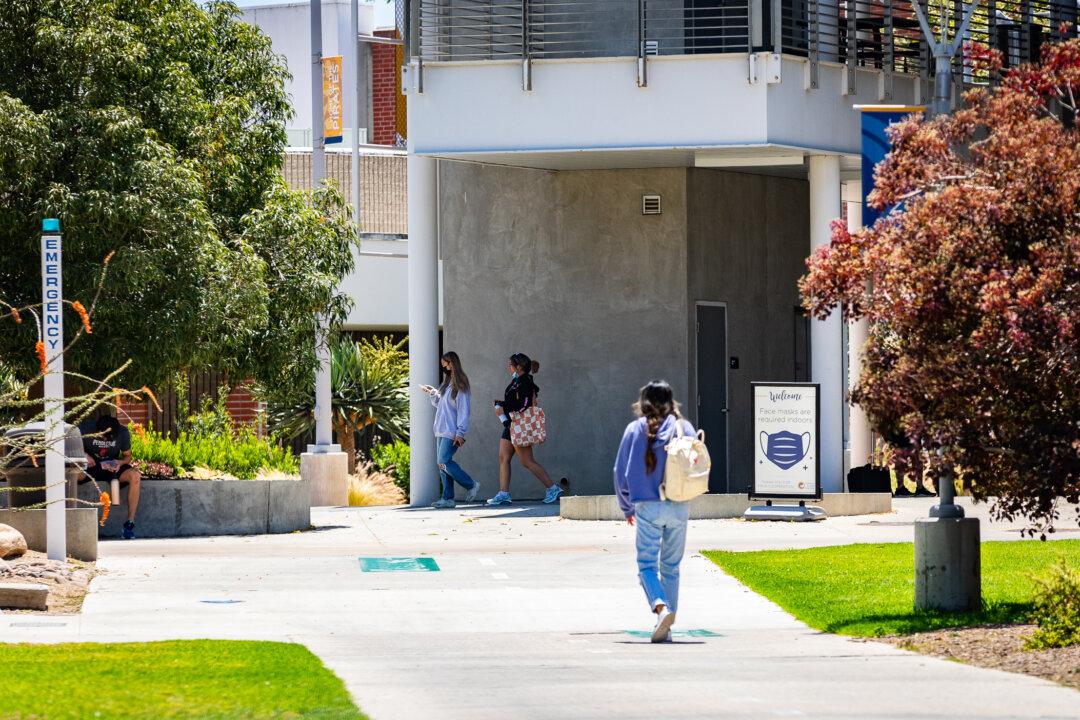State legislators joined a June 6 news briefing, addressing what they call an accredited ethnic language teacher shortage in California, and calling on the state to fix it with a one-time $5 million funding package.
The funding is intended to support California State Universities’ (CSU) Asian Bilingual Teacher Education Program Consortium, a multi-campus effort to increase the number of credentialed bilingual teachers in six Asian languages including Mandarin, Cantonese, Japanese, Hmong, Korean, and Vietnamese.




